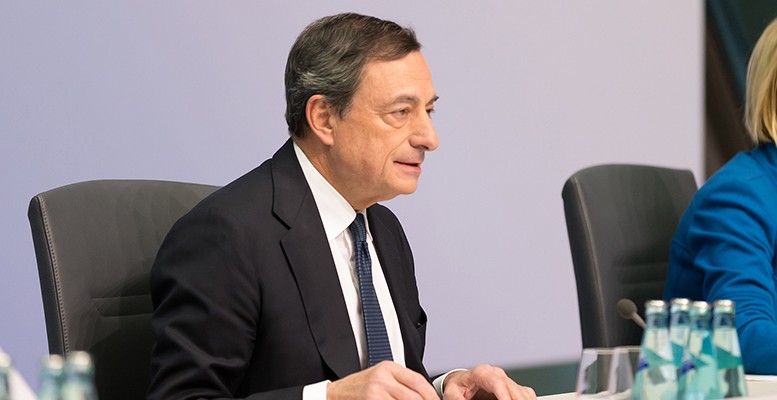The markets’ reaction to the latest measures adopted by the ECB has been very positive, although not all experts believe that the era of quantative easing (QE) is coming to an end. The inflation forecasts for 2017 from the ECB’s own experts are still very far off the 2% target and Eurozone GDP remains weak.
Inflation estimates have increased by one-tenth of a percentage point – to a year-on-year rate of 1.3% – for 2017, as a result of the base effect of the upswing in oil prices. But they have dropped by one-tenth of a percentage point to 1.5% for 2018, when the ECB’s mandate has established a target of 2%. So it doesn’t look as if we are near to any “normalisation of inflation” in the Eurozone.
A similar conclusion can be drawn from the GDP growth forecasts. They are only one-tenth of a percentage point higher – a year-on-year rate of 1.7% – with respect to those released in September, but a slight slowdown to 1.6% is expected in 2018 and 2019.
That said, investors have taken it for granted that the latest measures will facilitate interest rate hikes in the long-term which, in theory, should be very positive for the banking sector. Is that a correct assumption? Everything seems to indicate that it is not.
Up to now, Draghi has provided no clear indication that the withdrawal of the stimuli is near, rather the opposite is the case. Furthermore, the Italian banker has insisted that the progressive withdrawal of QE “has not been discussed and is not even on the table.” The reduction looks more like a gesture to the ‘hawks’ on the ECB council (those who are in favour of withdrawing the stimuli, lead by Germany’s representatives).
As far as the markets’ reaction goes, and looking beyond the rises in equity prices, analysts are in agreement that the increased flexibility of the asset purchase programme and the reduction in the average monthly volume is prejudicial for the peripheral countries’ debt.





